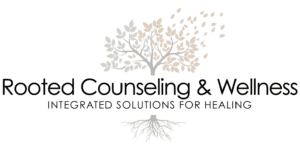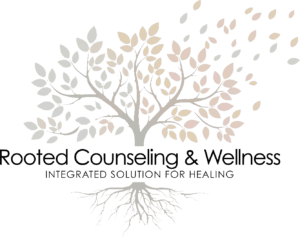Childhood trauma can leave deep emotional scars that can last a lifetime. If you have experienced childhood trauma, you may find yourself struggling with anxiety, depression, and other mental health issues that affect your daily life. However, it is important to know that healing is possible, and seeking counseling is one of the most effective ways to do so.
In this blog post, we will explore the benefits of counseling for healing from childhood trauma. We will discuss how counseling can help you work through your past experiences, build resilience, and move forward with your life.
Benefit #1: Understanding the Root Causes of Your Trauma
One of the main benefits of counseling is that it can help you understand the root causes of your childhood trauma. A counselor can help you explore your experiences, identify patterns, and gain a deeper understanding of how your past has influenced your present.
Through receiving counseling for childhood trauma, you can develop greater self-awareness and insight into your emotional triggers and coping mechanisms. This can help you to break free from destructive patterns of behavior and develop healthier ways of coping with stress and trauma.
Benefit #2: Learning Effective Coping Skills
Counseling can also help you learn effective coping skills for managing the symptoms of childhood trauma. Your counselor can teach you a range of techniques and strategies for dealing with anxiety, depression, and other mental health issues that may be related to your past experiences.
These coping skills may include mindfulness meditation, breathing exercises, and other relaxation techniques that can help you manage stress and anxiety. By learning these skills, you can improve your overall mental health and build greater resilience in the face of adversity.
Benefit #3: Building Resilience and Self-Esteem
Childhood trauma can have a profound impact on your self-esteem and confidence. It can leave you feeling insecure, anxious, and unsure of yourself. However, counseling can help you build resilience and self-esteem by providing you with a safe and supportive space to explore your feelings and experiences.
Through trauma-informed counseling, you can learn to identify and challenge negative self-talk, develop a stronger sense of self-worth, and cultivate a more positive outlook on life. This can help you to build greater resilience in the face of challenges and setbacks, and to develop a stronger sense of confidence and self-esteem.
Conclusion:
Healing from childhood trauma is not easy, but it is possible. Seeking counseling can be a powerful step toward healing and recovery. By working with a trained counselor, you can gain a deeper understanding of your past experiences, develop effective coping skills, and build greater resilience and self-esteem.
If you are struggling with the effects of childhood trauma, know that you are not alone. Counseling for childhood trauma at Rooted Counseling and Wellness offers the support and guidance you need to heal and move forward with your life. So why wait? Take the first step toward healing today and reach out to a counselor to get started. Trauma-informed Counseling is just a phone call away. We are here to support you!






